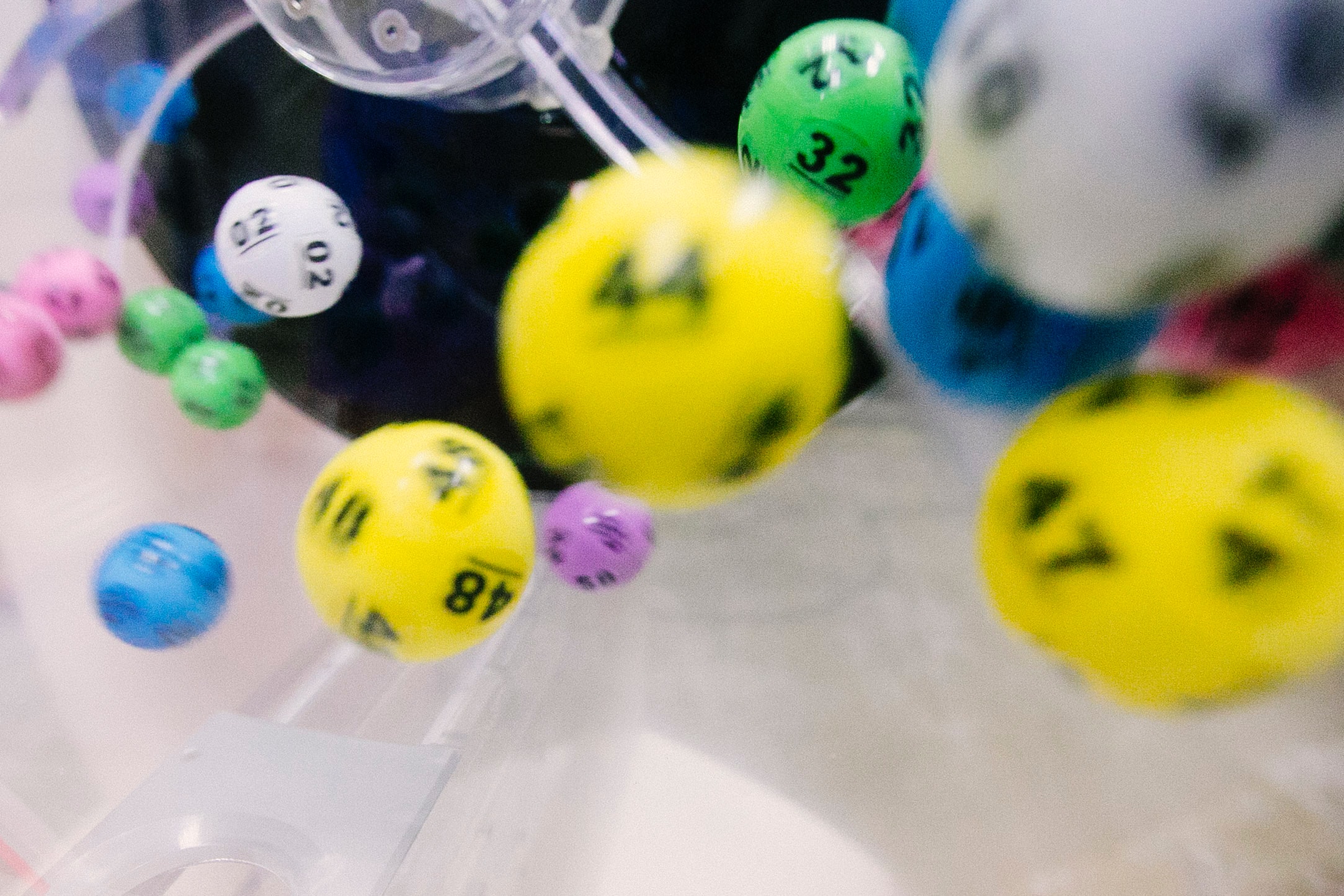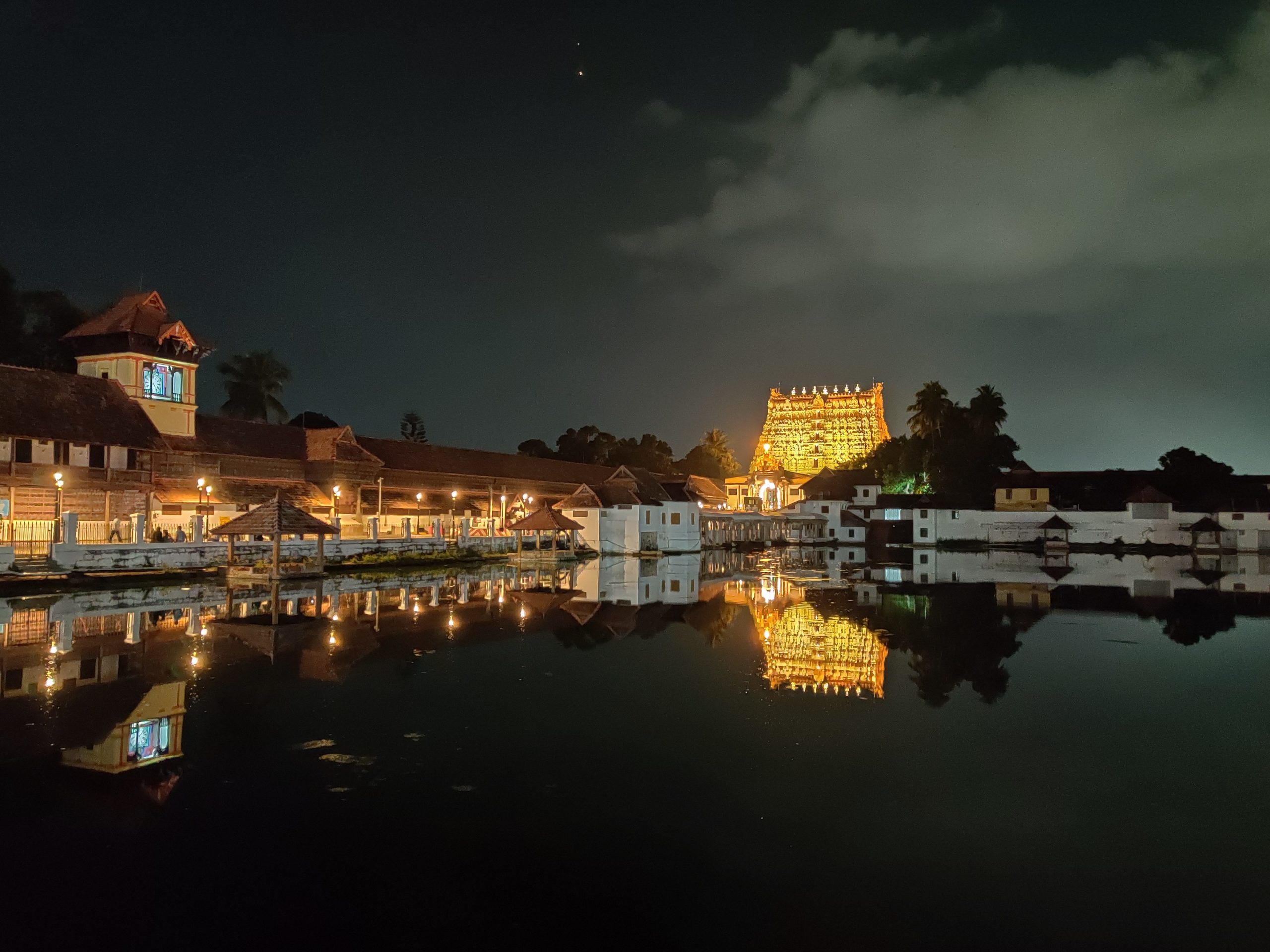India’s Modern Lottery Revolution and Why People Defy Traditional Numbers
Source: Unsplash
The lottery has been around for over half a century in India, and while each state chooses to what extent a lottery can exist, there’s still enough interest where it is available that it’s become a part of everyday life. This, perhaps, shouldn’t come as a surprise due to the significance given to numbers across the many cultures that populate the subcontinent, as well as lottery not being considered a form of gambling by many.
Nowadays, though, savvy Indian lottery players are both exploring options beyond just that of the state offers, and are coming around to the idea that once-lucky numbers are best avoided.
Modernizing India’s lottery scene
Source: Unsplash
In the grand scheme of things, India’s lottery scene is still fairly young, only being first introduced in one state in 1967. That state was Kerala, with the Kerala State Lotteries still standing as the nation’s oldest lottery organization, with it creating jobs and supplementing the state’s budget. As the pioneer in the space, Kerala proved the demand for lottery games in India, reaped the benefits from the additional revenue, and saw its template copied across the country.
Now, 13 states permit lotteries in India, with Assam, Arunachal Pradesh, Goa, Madhya Pradesh, Maharashtra, Manipur, Meghalaya, Mizoram, Nagaland, Punjab, Sikkim, and West Bengal joining the fold. The game generates a great deal of cash for each of these states, so, once again, the Kerala government has stepped forward to create the welfare scheme of Karunya, turning the game to be even more beneficial to the state.
It should be noted that in these 13 states and across those where the lottery isn’t offered by the state, players are grasping the new, tech-savvy ways to play. The lottery is an old game, but it’s been quick to move online to become available to anyone with an internet connection, with the offering of online lottery in India proving very popular across the country. Now, people can access national lotteries and big-hitters from abroad via their smartphones, making playing any lottery game in the world quick and convenient.
Attempting to avoid the allure of traditional numbers
Source: Pixabay
Numerology is a tremendously influential part of one’s life in India, with the numbers surrounding your birth and key life occasions having a great deal of significance. In most places in the world, 13 is an unlucky number and one to avoid, which is why a high-rise building in Gurugram doesn’t have a 13th floor. Then, there’s the number 7 having a profound spiritual role in granting luck and good fortune, 9 signifies power, and 8 can signal prosperity through patience.
It is because of these storied cultural beliefs that so many people in India fall into the trap of playing the most commonly selected numbers. There’s nothing inherently bad about playing sets of low numbers because the game is entirely random. What does matter, though, is that when those numbers come in for you, they’ll come in for thousands, even millions more people. So, savvy Indian lottery players are starting to avoid the likes of 7, 13, and low number sequences while also incorporating more over-30 digits.
The lottery is more accessible than ever in India, so it makes sense that more people are exploring a more thought-out process of picking numbers to beat the crowd.




